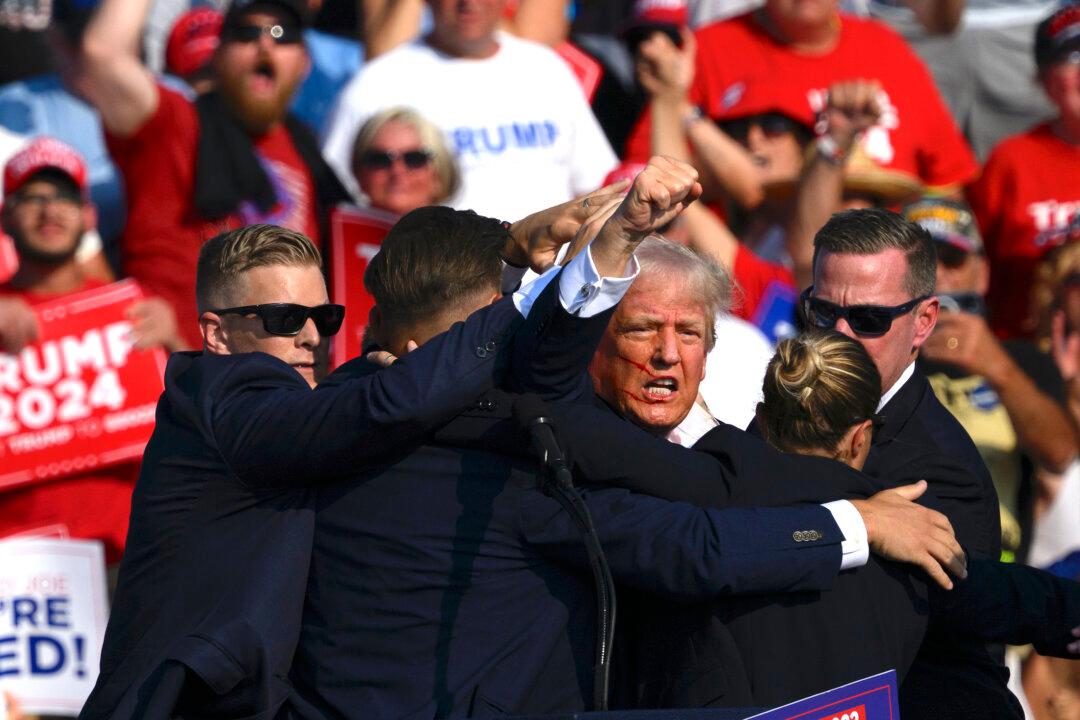Google’s parent company Alphabet Inc. has attributed failures in its search engine results about former President Donald Trump and the recent attempt on his life to unspecified “bugs” and the search engine’s algorithm, according to Rep. Jim Jordan (R-Ohio).
Google users searching for information about the former president last week reported their queries returned news stories about Vice President Kamala Harris. Trump’s name was also noticeably absent from Google’s list of suggested queries when users searched for it or about the July 13 assassination attempt against Trump.





